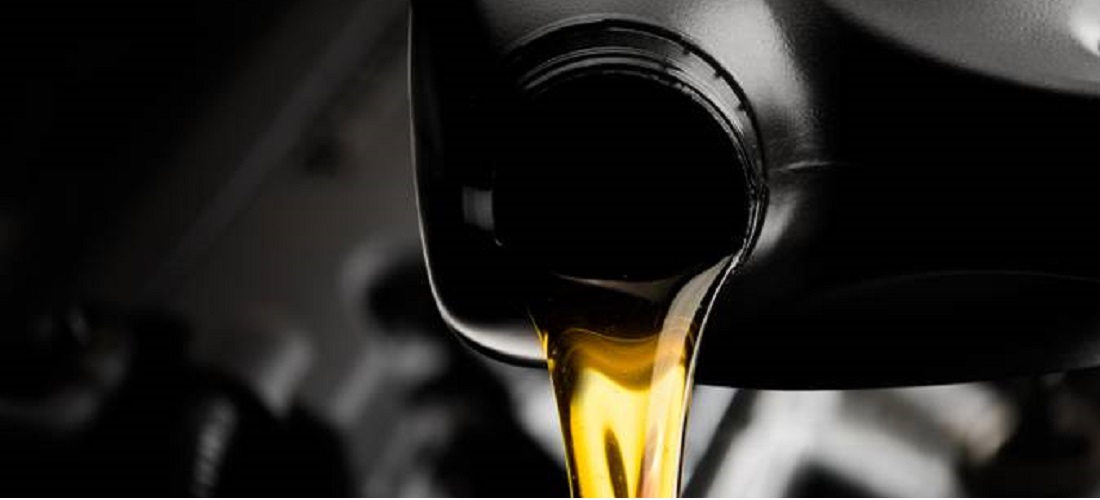
Only Petrobras confirms diesel imports despite possible shortages in Brazil
Jun, 13, 2022 Posted by Gabriel MalheirosWeek 202224
To meet the market’s needs, Brazil will need to secure diesel imports of between 228 million and 454 million liters of S-10 diesel every month (2.37 billion liters in the second half of the year), in addition to what Petrobras produces and what it will import.
To supply the diesel deficit, private companies will need to increase imports. However, with the difficulty of maintaining parity at international prices, only Petrobras confirmed imports for the remainder of the year. The national demand will peak in October (698 million m³) and reach its lowest point in December (93 million m³).
For the second semester, Petrobras informed that it should import a total of 2.69 billion m³, an average of 395 million m³ per month. But even so, 2.37 million m³ of Diesel A will be missing, which is the most consumed product in the country.
So far, Petrobras is the only company committed to importing fuels in 2022, especially Diesel A.
This volume of diesel A will be added to Petrobra’s production, as well as the output of the Acelen refinery in Bahia, which was previously owned by Petrobras and privatized last year.
So far, there is still no information on whether private companies will close import deals, although it is known that regional distributors will not import diesel until December.
Brazil consumes 5.2 billion m³/month, of which 2.91 billion m³/month refers to S-10. The data were confirmed to the Ministry of Mines and Energy, on June 3, at the meeting of the Supply Bureau. At this meeting, the scenarios for the sector in the second half of 2022 were presented.
According to EPE, a company that conducts mine and energy studies, if the predicted scenario comes true, the deficit will be especially felt in São Paulo and Brazil’s Center-West region, with 109 million m³ in lack November and122 million m³ in December.
In Rio de Janeiro, Espírito Santo, and Minas Gerais deficit is expected for the six months between July and December. On the other hand, there is no forecast of stress in the South, North, and Northeast regions due to the lack of S-10.
This does not imply that there will be a shortage of diesel oil at gas stations. However, The situation will require tighter controls over the management of Petrobras’ inventory in its distribution bases.
At the meeting, ANP representatives reported that market agents brought to the table their views on the risks to national supply. As a result, in 12 months, the consumption of S-10 diesel grew by 5.2%.
At the same conference, the Ministry of Mines and Energy proposed that this disparity, supplemented by imports, be compared to stock levels to obtain more precise figures and lessen the possibility of shortages.
Abicom (which represents regional importers) reported that the high price gaps make operations impossible for its Associates.
Representatives of the Brazilian Petroleum Institute (IBP), representing the major distributors (Raizen-Shell, Vibra, and Ipiranga), reported that the market had higher consumption in the second half of last year than in the second half of 2020 and 2021, making it difficult to adjust diesel imports.
And as they have not confirmed whether they will make imports, the market in the year’s second half will depend exclusively on Petrobras, Petrobras’ imports, and Acelen’s production in Bahia.
Source: Jornal do Comércio
To read the full original article, please go to:
-
Grains
Oct, 30, 2024
0
Rice: Exports see slight boost; spot market remains slow
-
Trade Regulations
Sep, 29, 2022
0
Brazilian Revenue Service issues normative ruling facilitating imports by individuals
-
Steel and Aluminium
Feb, 13, 2025
0
Trump’s Tariffs May Cut Brazilian Steel Exports by Up to $700 Million
-
Trade Regulations
Dec, 13, 2019
0
U.S. sets China trade deal terms, sources say, but Beijing mum



